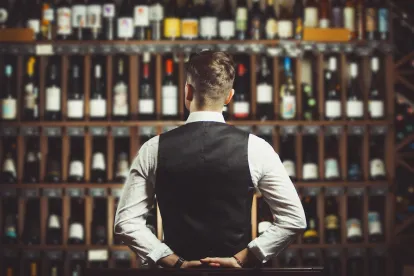Arizona Governor Doug Ducey has announced additional, statewide actions to contain the spread of COVID-19, including new Executive Order (EO) 2020-47 requiring restaurants with indoor seating to operate at less than 50% capacity.
Governor Ducey’s announcement to limit capacity at restaurants comes on the heels of another EO prohibiting large gatherings and pausing the operations of bars, gyms, movie theaters, waterparks, and tubing rentals as COVID-19 cases in Arizona continue to rise.
EO 2020-47 outlines new COVID-19 mitigation strategies specifically for restaurant operations. The new requirements are in addition to the Arizona Department of Health Services guidance to Arizona restaurants that accompanied EO 2020-40 (for more information, see our article, Arizona Implements Enhanced COVID-19 Mitigation Measures, Requiring Action of All Arizona Businesses).
Effective 10:00 p.m. on July 11, 2020, restaurants with indoor dining are required to:
-
Limit indoor dining to less than 50% of their permitted fire code occupant load (restaurant staff are not counted against the occupancy limit);
-
Maintain six feet of separation between parties in all directions, or erect barriers (glass or plexiglass) between tables, booths, and bar tops;
-
Close buffets, cafeteria style, and self-serve food stations; and
-
Eliminate indoor standing room where patrons could otherwise congregate.
Restaurants with indoor dining are encouraged to use reservation systems to aid in limiting capacity and avoiding congregating patrons. Outdoor dining is not limited by occupancy, but six feet of separation between parties must be maintained. Facilities with retractable roofs or garage-type windows or doors that open to the outdoors are considered indoor facilities for the purposes of EO 2020-47.
Unlike many of the earlier EOs, county health departments have the authority and responsibility to enforce the rules contained in EO 2020-47. Restaurants that fail or refuse to comply with this EO 2020-47, or any other guidance issued by the ADHS related to COVID-19, are subject to immediate closure. Local law enforcement and the Department of Liquor Licenses and Control also have authority from previous EOs to suspend business licenses.
Reopening orders contain extensive requirements creating compliance issues that can vary significantly depending on the specific state or local jurisdiction.





 />i
/>i

